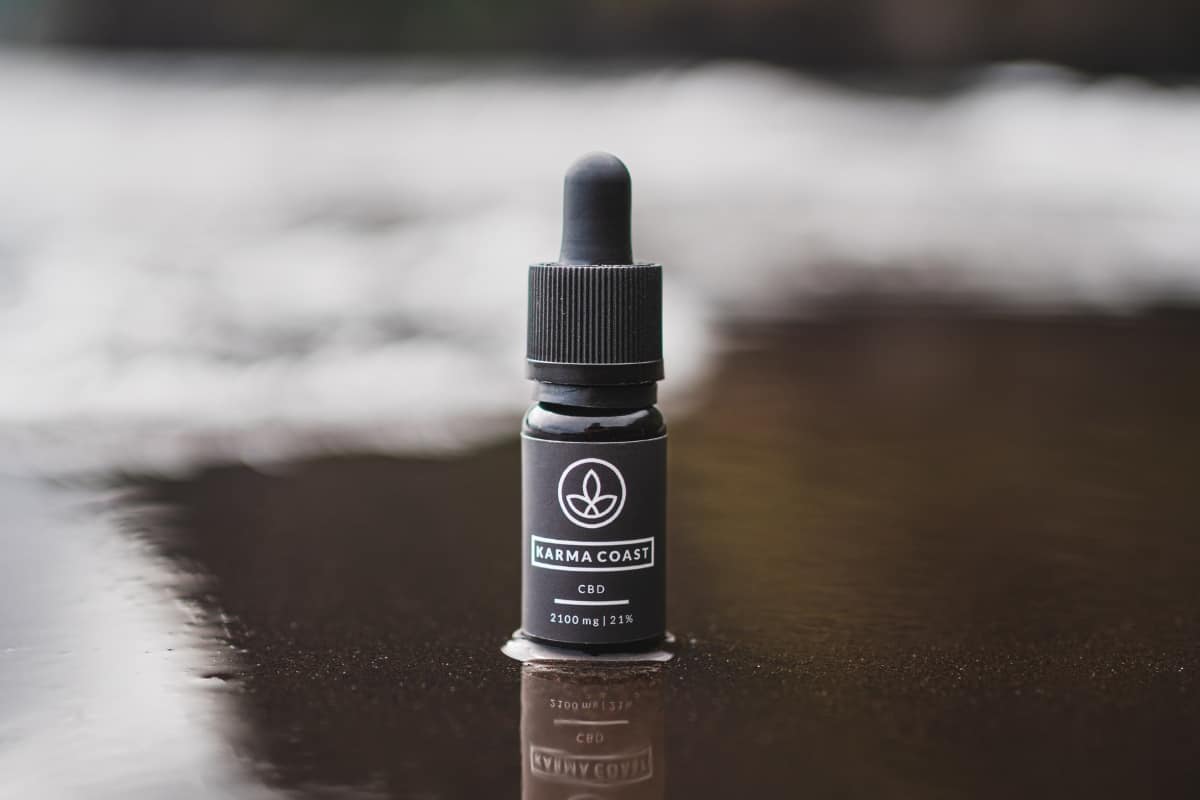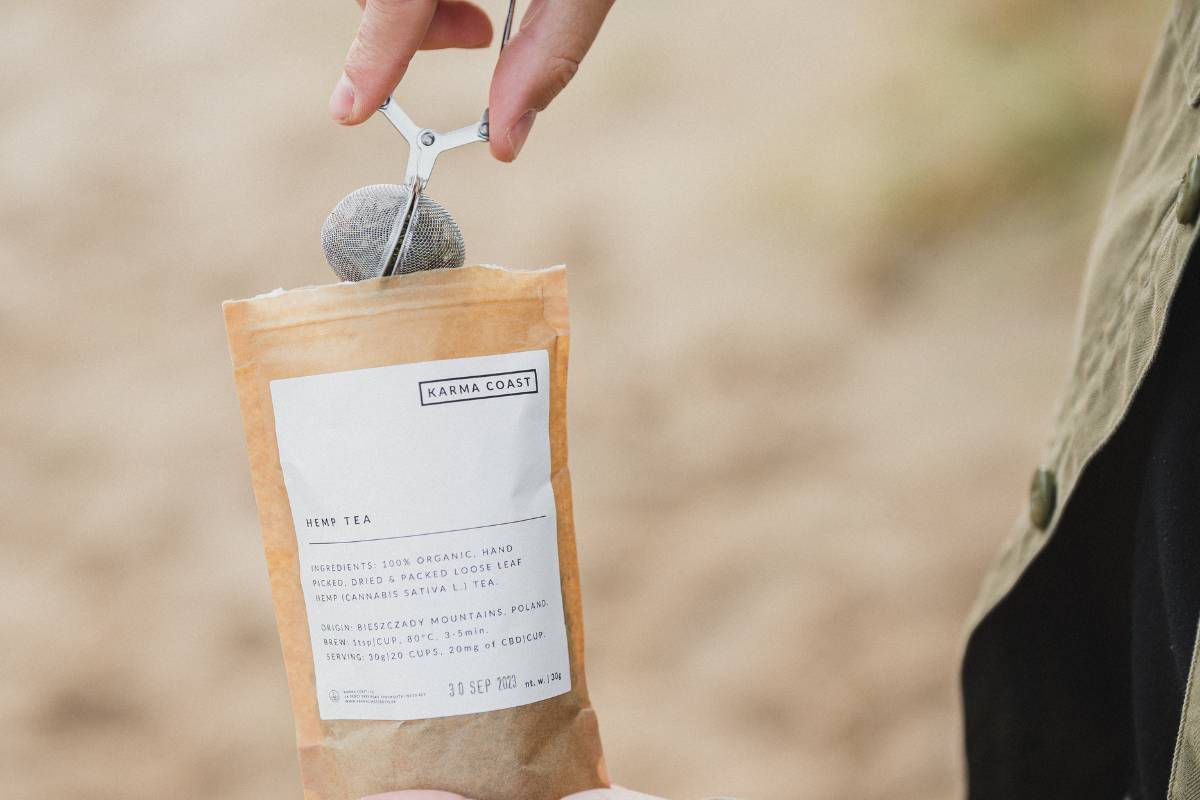Mental Health Awareness Week: Helpful tips #tohelpmyanxiety
Written by: Ruby Deevoy
May 15th – 21st 2023 marks Mental Health Awareness Week in the UK, an event which has been running since 2001 and has become one of the world’s most significant observances for raising awareness of mental health conditions and removing the stigma.
This year, the theme is anxiety – an issue that Mental Health UK has estimated over 8 million people in the UK are experiencing at any one time.
It may come as no surprise that rates of anxiety have soared in the past few years, increasing by 25% in the last year alone. This has prompted the World Health Organisation to advise all global leaders to pay extra attention to mental health and wellbeing. However, we still have a long way to go in reaching all those who require help and providing the support they really need.
As anxiety has risen, so too have anti-anxiety drug prescriptions. The Independent recently published a report revealing that hundreds of thousands more women than men have been prescribed “powerful anti-anxiety drugs which experts warn are harder to come off than heroin”, referring to benzodiazepines. And although women are diagnosed with anxiety twice as much as men, it’s thought that the reason for this is that men with anxiety are slipping under the radar due to cultural pressure to be stoic and suppress emotions.
Fortunately, this mental health crisis has also prompted us to start looking at anxiety (and the treatment of it) in a whole new, more holistic way. Those suffering from the condition are keener than ever to find ways to address the root cause of their distress, and they’re also turning to traditional plant medicines and practices for respite.
If you’ve found your way here to the Karma Coast website, you may be one of the 42.6% of people who use CBD to tackle self-perceived anxiety (the leading reason for using CBD). You may also be interested in learning more about other adaptogens, plants and fungi, such as Reishi mushrooms, chamomile and Ashwagandha, all of which have garnered global fame for helping to manage stress levels. Hopefully, you’ll also be curious about mindful practices, retreats and talk therapies, because when it comes to mental health it’s vital to take care of yourself in ways that go beyond taking a capsule of a few drops of oil each day.
So, for Mental Health Awareness Week, let’s take a look at some of the world’s favourite natural anti-anxiety modalities, as well as some practical tips for managing anxiety that has been provided by the Mental Health Foundation as part of their #tohelpmyanxiety campaign.

CBD oil for anxiety
Of course, our expertise lies in CBD oil. While this supplement isn’t a panacea (or even a ‘medicine’, officially speaking) and it won’t solve all your problems, the CBD molecule (the most abundant cannabinoid in CBD oil) has been shown to interact with the body in fascinating ways, which may help support balance in the mind and body overall.
When it comes to anxiety, endocannabinoids (the cannabinoids naturally produced by the body) play an integral role. One endocannabinoid, Anandamide (named after the Sanskrit word for ‘bliss’), has been found to work rather like a gatekeeper for stress (and therefore anxiety) in the brain, keeping the fight or flight response under wraps unless it’s actually needed.
When levels of Anandamide are healthy in the brain, this neurotransmitter naturally helps to keep anxiety and stress in check. But when it’s depleted, as may happen as a result of lack of sleep, illness, or chronic stress, it’s easier for that stress response to cascade inappropriately.
Fortunately, the CBD molecule temporarily inhibits the enzyme which breaks down endocannabinoids, resulting in higher levels of endocannabinoids flowing around your body and brain.
Many terpenes (aromatic compounds, of which there are over 50,000 in nature and often over 100 in certain cannabis cultivars) are also thought to have anti-anxiety potential. So, many CBD consumers prefer full spectrum oils or terpene-infused oils to take advantage of this.
Reishi for anxiety
Mushrooms have stolen the spotlight recently as the new big thing in wellness supplements, and with good reason! Mushrooms such as Reishi, Cordyceps and Lion’s Mane have been found in numerous studies to support the nervous system and to contain polypeptides, which can act as precursors to neurotransmitters and endorphins, both of which help to manage the stress response. And, of course, chronic stress can lead to anxiety.
There’s also evidence to suggest that functional mushrooms may help support good gut health, which also plays a key role in mental health.
Ashwaganda for anxiety
People are gradually starting to realise (again) just how powerful plants can be! In 2000, a study suggested that the Ashwagandha had a “comparable anxiety-reducing effect with lorazepam” – a sedative and anti-anxiety medication. More recent studies have echoed this conclusion, showing reduced stress and cortisol levels post-Ashwagandha use. As usual, the main difference is that Ashwagandha has fewer harmful potential side effects and doesn’t induce drowsiness or weakness.
Chamomile is another plant often overlooked for its anti-anxiety potential because it’s usually relegated to the back of the tea cupboard! But Chamomile is actually one of the most researched plants, and it has demonstrated potent anti-anxiety and antidepressant qualities.
Mindfulness for Anxiety
If you’re experiencing anxiety, try to remember that you’re not alone. Not only in terms of millions of others suffering the same conditions (with symptoms ranging from headaches, stomachaches, exhaustion and poor sleep to heart palpitations, shallow breathing and agitation) but also in the people out there ready and waiting to help.
If you’re struggling with anxiety, the first port of call is your GP (who may even prescribe ‘green therapy’ such as gardening or simply getting out in nature more!). But beyond that, there are many therapists, mindful retreats, breath work practitioners and well-being workshop leaders who have dedicated their lives to helping people struggling with their mental health.
And it’s not just for the wealthy! Organisations such as You Revolution in Scotland have created a programme called ‘Enter’ (the opposite to Switzerland’s ‘Exit’ programme), which offers a ‘pay it forward’ system, enabling financially disadvantaged people to access transformational mental health support, using natural healing modalities. Courses include Mantra Menswork (coaching and immersive retreats for men), Medicine of Breath (helping people integrate breathwork and inner education as a means of personal transformation and well-being) and CAIM (a health and wellness retreat centre in Highland Perthshire for the body, mind and soul that specialises in nutrition, breathwork, yoga, sauna therapy and natural medicines).

Of course, you can also practice mindful techniques on your own to manage anxiety, many of which have been provided by Mental Health UK as part of their #tohelpmyanxiety campaign for Mental Health Awareness Week. To round off, here are a few you can try at home:
- Focus on your breathing.
When you’re having anxious thoughts try focusing on your breathing, concentrating on the feeling of your body as you breathe in and out. It can help you control the thought.
Try the 4-7-8 breathing technique. Close your mouth and quietly breathe in through your nose, counting to four in your head. Hold your breath and count to seven. Breathe out through your mouth, making a whoosh sound while counting to eight. Repeat three more times for a total of four breath cycles.
- Get moving
Exercise is a good way of dealing with anxiety.
Remember, the activity doesn’t have to be vigorous; try some gentle stretches, yoga, or seated exercises. Or just go for a walk. Going for a run, swimming, or taking part in a fitness class can give you something else to think about. It needs a bit of concentration, so it takes your mind off the anxious thoughts. Any amount of exercise will help.
- Keep a diary
It’s important that we don’t try to ignore our worries. Taking the time to keep a record of what’s happening in your life and how it’s affecting you can help you understand what is triggering your feelings of anxiety. Knowing this can help you better prepare for and manage situations that may cause anxiety.
Sometimes it helps to give yourself a certain time of day to be your ‘worry time’. It could be half an hour first thing in the morning to sit with your worries and write them down in your diary. When that’s out of the way, you can move on with the rest of your day. This can help you take control and stop anxiety from getting in the way of what you want to do.
Read the full list of top recommendations from the Mental Health Foundation, here.
Share This Post

